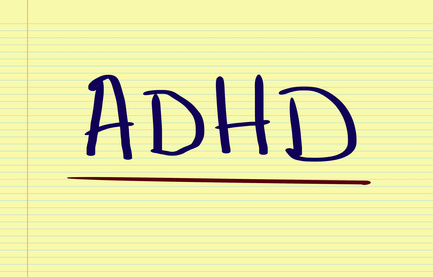ADHD Medication Reduces Risky Behavior in Children, Teens, Research Finds

New research provides some of the first evidence that medications taken by millions of American children to treat attention-deficit/hyperactivity disorder (ADHD) offer long-term benefits.
Based on an analysis of Medicaid claims for nearly 150,000 children diagnosed with ADHD in South Carolina between 2003 and 2013, researchers including Princeton University postdoctoral associate Anna Chorniy found treatment with ADHD medication made children less likely to suffer consequences of risky behaviors such as sexually transmitted diseases, substance abuse during their teen years and injuries.
Compared with children who were diagnosed with ADHD but did not receive medication, those who took medication were 3.6 percentage points less likely to contract a sexually transmitted disease, 7.3 percentage points less likely to have a substance-abuse disorder and 2.3 percentage points less likely to be injured. In absolute numbers in a sample of about 14,000 teens diagnosed with ADHD, it translates into 512 fewer teens contracting an STD and 998 fewer having a substance abuse disorder. There also would be 6,122 fewer yearly injury cases for children and teens under 19 years old.
While previous research has demonstrated the effectiveness of medications in treating the core symptoms of ADHD, little has been known about the effects of treatment on health, behavioral and educational outcomes in the long run. Evidence so far points to positive effects on some outcomes but not others.
Read the full article in ScienceDaily online here. The Sex, drugs, and ADHD: The effects of ADHD pharmacological treatment on teens’ risky behaviors study abstract is available here.



